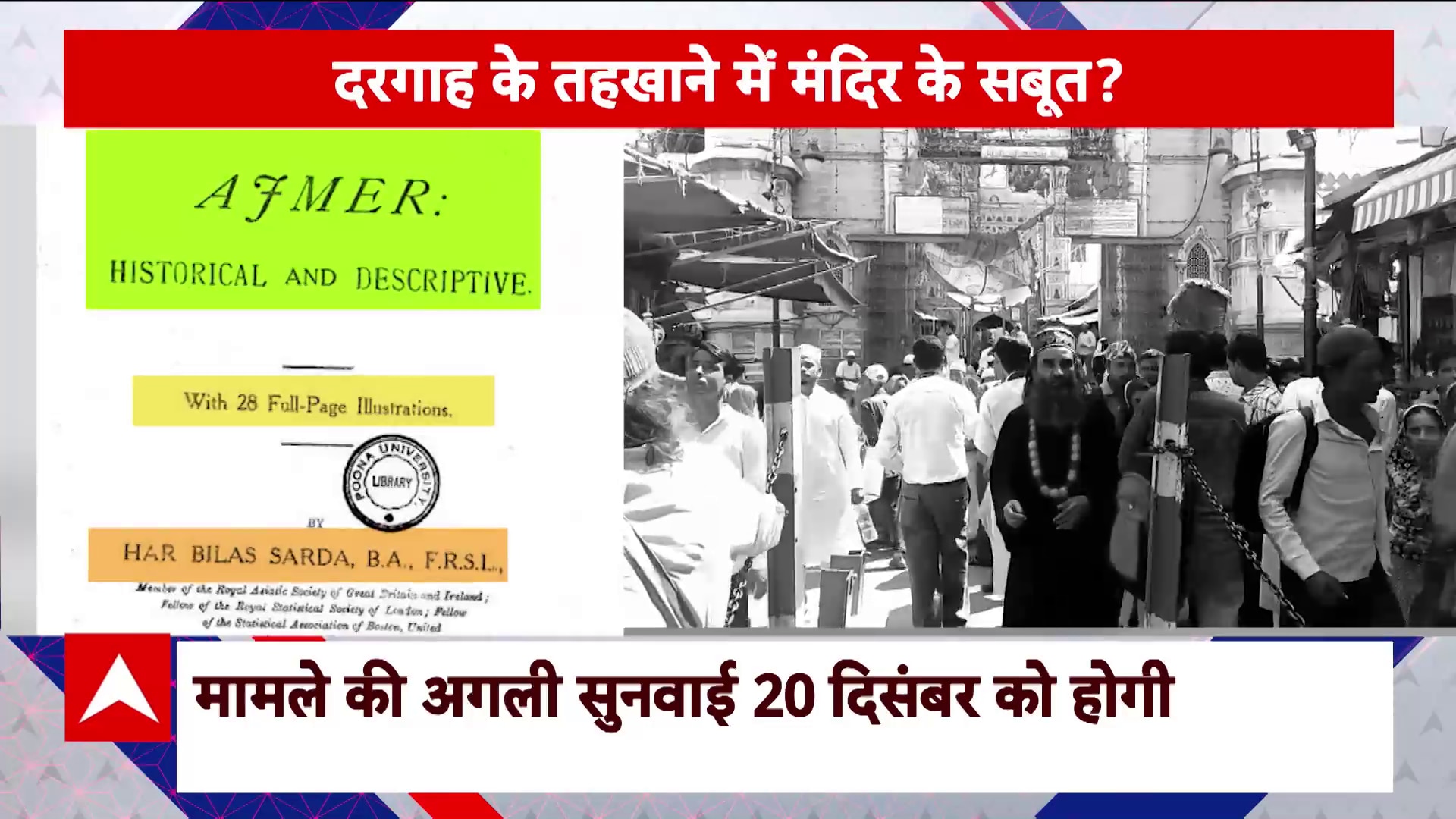
A claim regarding the presence of a Shiva temple at the site of the Ajmer Sharif Dargah has sparked a significant controversy. A Hindu organization has alleged that the dargah, dedicated to Sufi saint Khwaja Moinuddin Chishti, was originally a Shiva temple. This claim has stirred religious, political, and social sensitivities.
Vishnu Gupta, the president of the National Hindu Army, filed a petition in an Ajmer court asserting that the Ajmer Sharif Dargah houses an ancient Shiva temple. The court, on November 27, issued notices to the Dargah Committee, the Ministry of Minority Affairs, and the Archaeological Survey of India (ASI), seeking their responses. The case was heard by Civil Judge Manmohan Chandel, and the next hearing is scheduled for December 20.

In the petition, Gupta contends that the 13th-century tomb of Khwaja Moinuddin Chishti was originally a Shiva temple. He has urged discussions on the historical evidence supporting these claims, citing references from books on Ajmer and its history. This legal case has intensified debates, drawing attention to the intersection of historical narratives and religious sentiments.
The court’s upcoming decision is likely to have far-reaching implications for communal harmony and heritage preservation..










